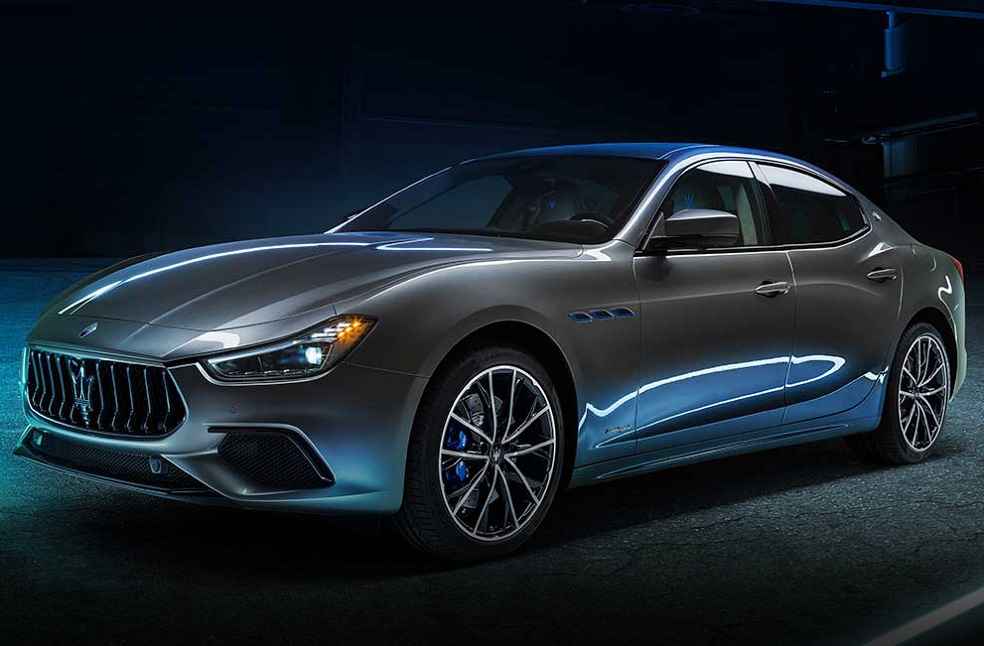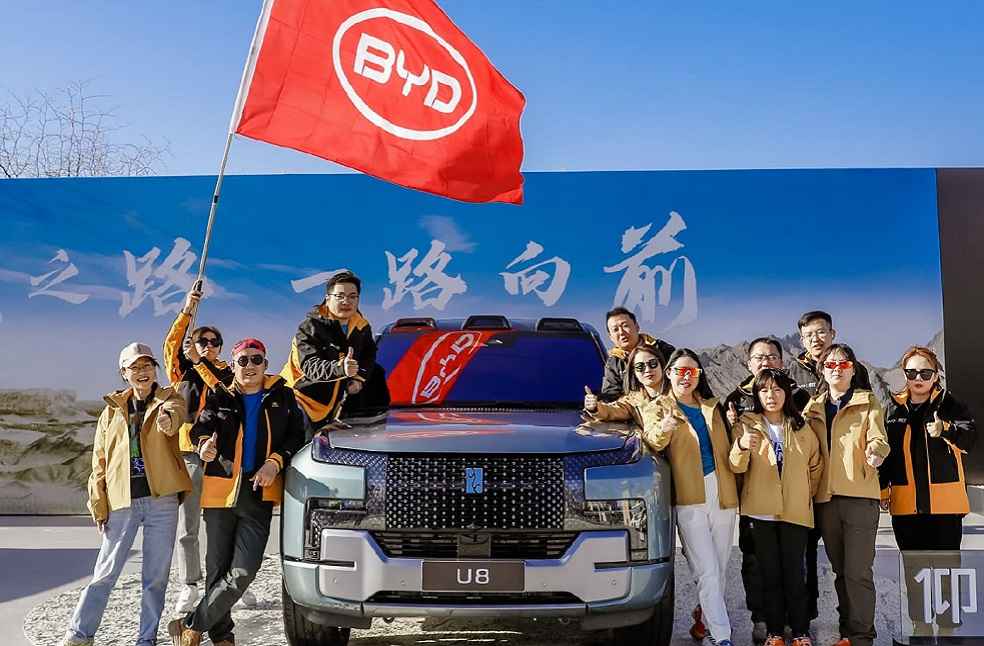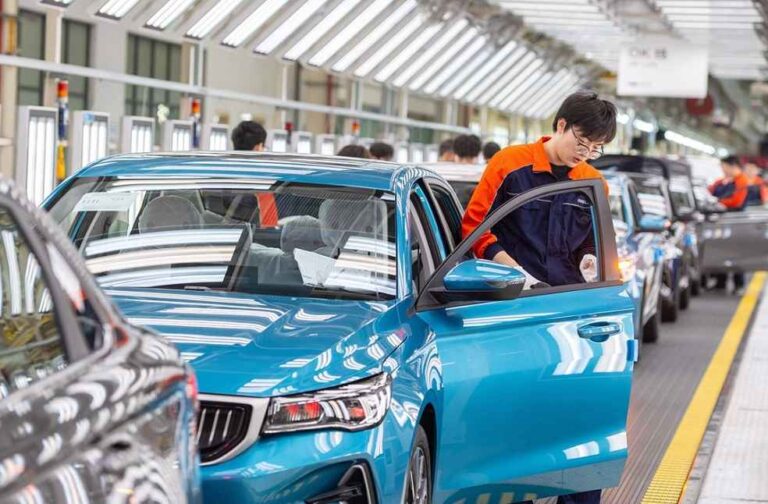Chinese carmakers are steadily reshaping Europe’s hybrid vehicle market, capturing a record 9.8% share of sales in August, according to Dataforce. The milestone underscores a strategic pivot by companies such as BYD, SAIC’s MG, and Zhejiang Leapmotor, which are leveraging hybrids to navigate European Union tariffs on fully electric vehicles.
While electric models remain a cornerstone of their expansion, hybrids are proving an increasingly effective tool for competing with established European brands like Volkswagen and Stellantis. The figures mark the fourth time in 2025 that Chinese carmakers have reached a new peak in hybrid sales, highlighting their growing influence in the region’s electrified transport sector.

Data shows that Chinese brands now hold 9.8% of the hybrid market, while their share of electric vehicles dipped slightly to 9.6% in August. Analysts point to the appeal of plug-in hybrids among cost-conscious buyers, with registrations of such models across the EU, UK, and EFTA nations climbing 28% through August, outpacing the 26% rise in battery-electric sales and far exceeding the 0.4% growth of the broader car market.
Affordable models, including BYD’s Seal 6 DM-i Touring station wagon and MG’s plug-in offerings, are gaining traction among European drivers. The trend has accelerated since the imposition of tariffs on Chinese EVs, positioning hybrids as a viable alternative for expansion.
BYD has emerged as a leading beneficiary of this shift. Figures from Jato Dynamics show its EV sales in Europe more than doubled in August from a year earlier, even as hybrids gained ground. In September, BYD registered over 3,000 vehicles in Germany for the first time, giving it a 6.9% share in the hybrid market and 2.9% in EVs.

Leapmotor is also capitalising on demand for affordable models, with its compact T03 city car ranking among the lowest-priced EVs in Europe. To sustain growth, the company unveiled its B05 electric hatchback at the Munich auto show in September, positioned to rival Volkswagen’s ID.3.
Meanwhile, MG has recalibrated its strategy under state-owned SAIC after facing higher EU tariffs on electric models. Once a strong EV contender, the brand has shifted focus to hybrids, with Jato Dynamics reporting a 16% drop in its electric sales in August, offset by growing demand for hybrids.
The evolving landscape reflects how Chinese automakers are adapting to Europe’s regulatory and trade environment. By diversifying their line-ups, they are maintaining growth while European manufacturers grapple with affordability challenges. At the Munich auto show, BYD and Leapmotor reinforced their long-term commitment to Europe by showcasing new models tailored to regional demand.
EV WORLD | Canada Funds 96 New EV Fast Chargers for Alberta and B.C.





